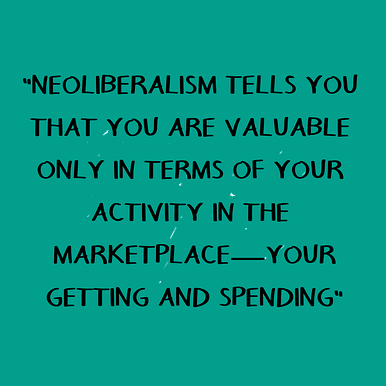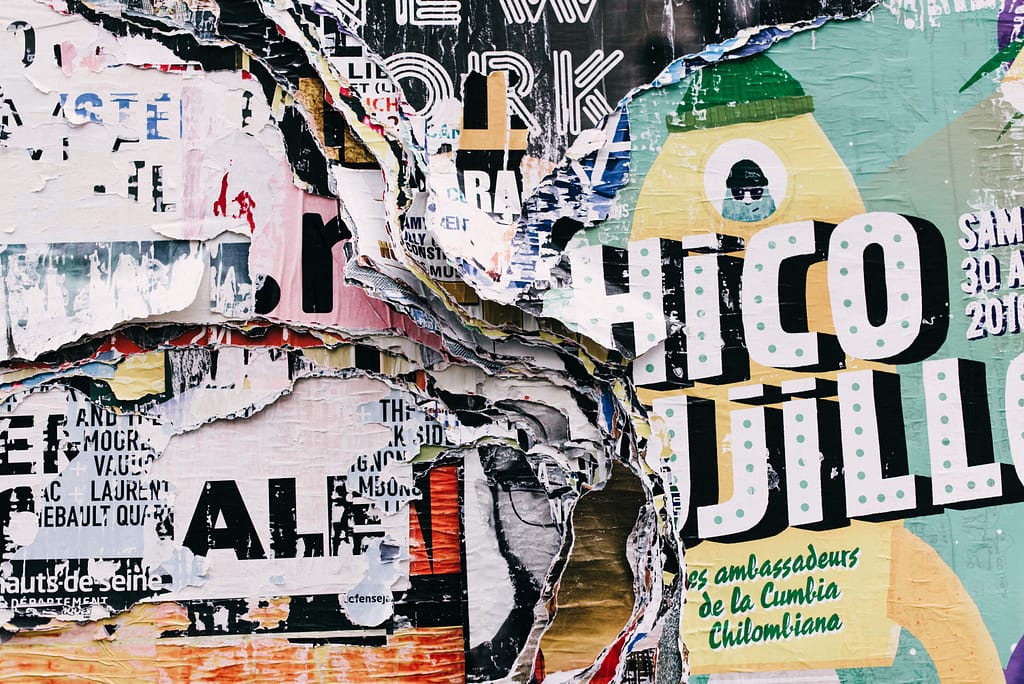Creative Pandemic: The Last Defense Against the Darkness
There’s no way for this post not to sound self-serving, so I’ll get it out there right away:
I want you to care more about art. And as such, you need to care more about artists.
It’s an age-old song and I know that repetition can be grating, but in the midst of this COVID-19 nonsense (not taking a stand, I just believe the whole situation is unbelievable, therefore nonsense), we have the opportunity to reevaluate our lives. And what are people doing while stuck at home?
They’re engaging with art. They’re watching movies and reading books. They’re creating elaborate trick shots and song parodies for social media. They’re writing quippy lines and memes on Twitter. And yet, when things go back to whatever level of normal we try to reach, those things will disappear again. When we go back to work, we will forget the things that got us through the darkness. Why?
Because we’re way too busy. A 40-hour workweek, combined with commute times and mealtimes, leaves very little room for anything else. And that’s just the base level. Add in kids or elderly parents and you’ve got a whole new list of responsibilities. If you want to work out, you can add at least ninety minutes to your schedule. Tons of people don’t have ninety minutes to spare.
Did you know scientists have worked out that the average adult works way more now than they did as hunters and gatherers? Leisure time used to be a lot bigger. And it was often filled with art. The trouble is, artists don’t get much of the credit.
There’s a Face Behind Your Art
I was a freshman in high school when STEM really got big. And I cannot explain to you the sadness and fear I felt when I was told repeatedly that my goals were obsolete. That my contribution would be nothing if I chose a creative field, and that I was worthless if I could not conform.
I watched my favorite choir teacher walk away from a school that she loved because they kept cutting her classes. Because even when the principal took steps to make it better, even when my teacher took on other classes to make up the difference, they just kept cutting the arts. I cried for both of us the day she left. I cried again when I realized I couldn’t afford to take another choir class anyway because my other credit requirements did not leave enough time in my schedule.
Without fame, we are nothing
Artists largely go unseen because without notoriety they are not deemed as part of society. But whether it’s in the top ten or just some song you found on accident, somebody created it. Who wrote that book you read during the pandemic? Who painted the scene that gave you solace in your darkest hour? Who produced the TV shows and movies that you watch on a daily basis? Who wrote and/or sang the song you’re listening to?
No one thinks Stephen King is a waste of space. JK Rowling is an idol. Taylor Swift is treated like royalty. But when your friend, your neighbor, your child—or whoever, really—reveals that they want to be an artist, they are met with overwhelming doubt. And the longer they go without commercial success, the more judgment they receive.
When are you going to grow up?
When are you going to get a “real job?”
Don’t you want to contribute to the world?
These are all things I’ve heard firsthand. And I know that I am not alone.
I’m not trying to demonize anyone or say that artists have it worse than anyone else. This is simply a call to acknowledge, during a time when art has likely taken a bigger part on your life’s stage, the necessity of creative fields. And you cannot acknowledge the importance of art without acknowledging the importance of the artists themselves. There is a face behind your art. And they are in desperate need of your support.
STEM is Great, But it’s Not Enough
I love STEM. I love that students with a talent for science, technology engineering, and math have better opportunities to jumpstart their education as a result of STEM programs. But I hate the added assertion that these are the only fields worth entering.
As a Freshman in college, I read an essay from Harper’s Magazine titled “The Neoliberal Arts” that changed my life. In it, William Deresiewicz discusses the changing college landscape and the disappearance of programs deemed not to be commercially viable. Included in these is not just art, but theoretical math and physical science. Vocational fields are all that matter in terms of production value. I highly recommend the read—it’s pretty quick.

Basically, Deresiewicz points out that the reason for the change is because all values have been reduced to money values. This means that even math and science are only valuable when they can turn a profit. It’s obvious that money makes life easier. The more you have, the less you’ve likely suffered during this pandemic. But money alone didn’t get you through it.
Science can create vaccines and search for treatments, but it cannot eradicate a virus. Math can tell you what the numbers are and offer you statistics, but it can’t bring your loved ones back to life. Technology and engineering can bring new advances to the way we practice medicine, but at the end of the day nothing can protect you from your own mortality.
We’ve seen it with the virus. When STEM failed to solve the problem, we turned to art to cope with it. Music, entertainment, and literature have been the lifeblood of the pandemic because while STEM can help to make life possible, art is typically what makes life worth living. We need both in order to thrive.
Show Your Artists a Little Love
This is the part where I should tell you to fight for more funding in. the arts, and you definitely should. But for now, all I’m asking is that you remember us as the world opens back up. Support the people close to you who want to create. Stand up for yourself if you are a creator, and stop letting the world tell you that your contribution is nothing.
We are all of us mortal. We need to appreciate what we have and encourage the things that make our lives valuable. So the next time you play a song, read a book, or watch TV, remember the people that gave it to you. Remember that there is more to life than survival, and we need diversity in our communities to make it happen.
We need vocational studies. We need mathematicians and doctors and engineers and pilots and economists. And we need artists, too.
Don’t forget to follow the blog for great weekly content. And make sure to join my Facebook page or follow me on social media to stay updated. Thank you so much for reading, and I’ll see you next time!
